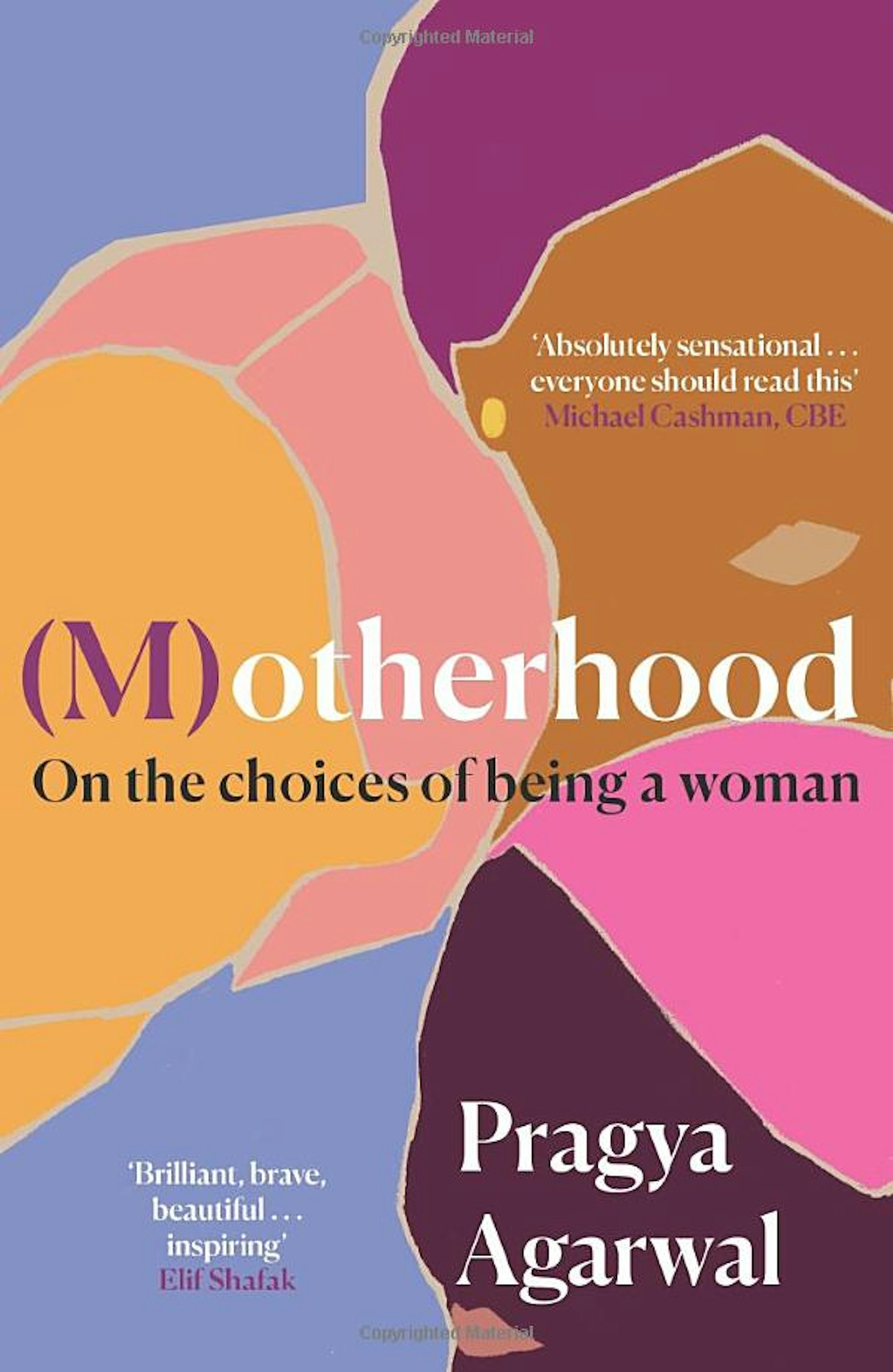I was in my early thirties and already had a child from a previous relationship when the ‘What if I miss my chance to have a second?’ thoughts started to creep in. I wasn’t even sure I wanted another child, but a voice in my head kept nagging, ‘What if it’s too late?’ These ‘what ifs?’ were becoming louder every day, a resonant drumbeat drowning out all the other voices inside me, all the doubts, all the anxieties. My partner of more than five years and I had never talked seriously about having children. He was in no rush, but I wanted to shout, ‘I don’t have time!’ It was hard to tell whether the pressure I was feeling was coming from inside me, or from societal expectations. So many women I’ve spoken to while writing my book, (M)otherhood, have referred to the same sudden burning desire to become a mother.
‘Once the clock starts ticking, there’s no way to stop it,’ these women tell me. ‘But why do men not feel the same panic?’ they ask, wondering why men have the freedom to delay, the space to breathe.
Perhaps it’s because women are reminded constantly of their biological clocks from a young age. We’re told time and again we better hurry up. Much of this is unsolicited advice, absorbed through adverts, articles and family and friends. Female fertility is a subject open for public discourse. The past year has magnified these ideas and brought the fear of ‘time running out’ to the forefront of many women’s minds after watching a year of our lives slip through our fingers. Meanwhile, the men I know don’t necessarily talk about the desire or urgency to have children. At (previous) large social and family gatherings, they were not asked directly and indirectly, ‘When are you having kids?’, or told they’re not getting any younger. They don’t see adverts or articles on sperm freezing. Because, unlike women and their eggs, men are not born with a finite number of sperm. They don’t face a male equivalent of impending menopause and the pressure that brings.
This means men have long been considered immune to the ravages of age in terms of their fertility, both physiologically and socially. After all, we see rock stars and celebrities dating women much younger than themselves and becoming fathers late in life – Mick Jagger had a baby with his younger partner at 73. It perpetuates and reinforces the myth that time does indeed wait for men. But crucially, it is a myth.
What many don’t realise is that, actually, men do have a biological clock. In 2019, Gloria Bachmann, of Rutgers University in New Jersey, carried out a comprehensive review of medical studies from the last 40 years and found that there is a downward trend in male fertility after the age of 45. It is not clear why this might be, whether it’s the number of active sperm or due to degradation in the quality of sperm: there just hasn’t been enough research yet. What studies do show, however, is that while sperm is produced every day, more DNA mutations occur after the age of 40, and older men become less fertile because genetic defects build up in their sperm.
There is also a loss of testosterone, with the sperm losing their ‘fitness’. The mechanisms for producing sperm slow with age, and so their number and speed are impacted too. There’s also evidence that environmental factors can damage sperm over time.
It’s why The Human Fertilisation & Embryology Authority (HFEA) in the UK sets an age limit of 45 for sperm donors, and most sperm banks require donors to be younger – between 18 and 39. Some sperm banks even set an upper age limit of 34. And yet, a survey of 1,000 young people in 2016 by the British Fertility Society revealed that a third believed that men’s fertility doesn’t begin declining until after 50. Furthermore, while nearly 80% of the young women said that they would like to have children before 30, only about 60% of the men had any desire or urgency to have children at this age.
Men continue to delay committing to having children – more so than women, anyway. It’s worth remembering that while we might hear stories about older men who have fathered children, we’re less likely to hear of those who have tried and failed.
Dr Stephanie Belloc, from the Eylau Centre for Assisted Reproduction in Paris, studied the records of 12,000 couples who visited her clinic to establish the effect of the mother’s and father’s ages on the chances of conception and miscarriage. The results showed that men’s ages impacted pregnancy rates, which were lower in the over-forties. Women whose partners were 35 or older had more miscarriages than those who were with younger men, regardless of their own age. The risk of miscarriage was, on average, 16.7% when the man was 30-34, but it doubled to 33% in men over 40.
This is certainly not to say that all older couples will struggle to conceive. Since 1980, the fertility rate for men in their thirties has increased by 21%, and for men aged 40 and above the rate has increased by nearly 30%. Advances in technologies and medicine have delivered this. What is important here is that, considering all this, it seems unfair that when we think about reproductive decisions, we tend to consider only female fertility.
This arbitrary and unfair focus on women’s biological clocks has to shift towards a more holistic, all-encompassing consideration of fluctuations in the bodies of both sexes. For all our advances, so much of human physiology remains a mystery. But what is clear is that some information about men’s bodies is not well-known – it doesn’t get disseminated in the way information about women’s bodies does. The age of the woman becomes the only concern when a couple is trying to conceive, while the guilt of a failed conception and pregnancy, even in the case of assisted reproduction, lies squarely on the woman’s shoulders. This has to change.
 Amazon
Amazon